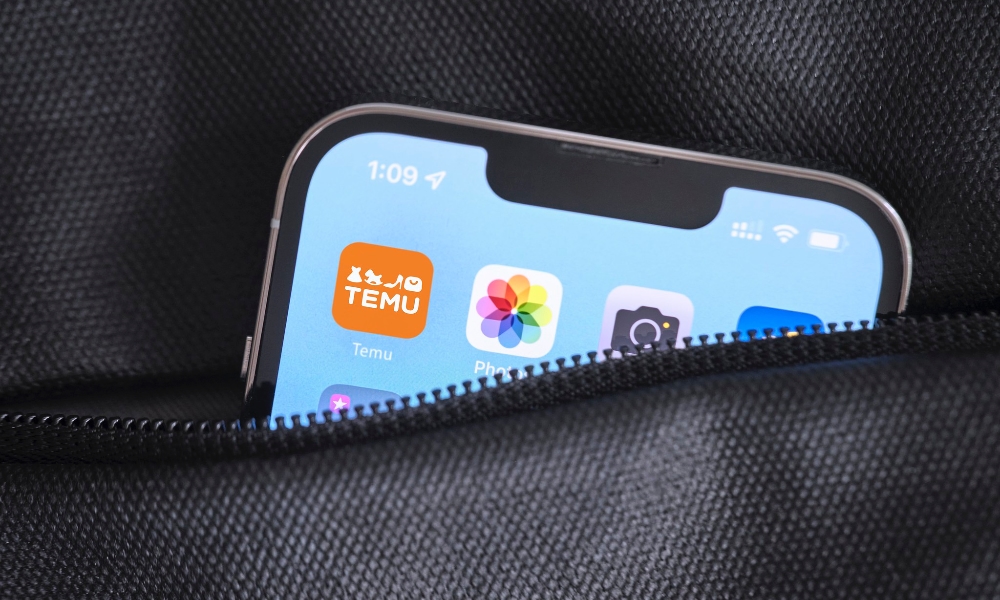US Regulators Call Out Temu and Shein for Selling ‘Deadly’ Products [Update: Temu Responds]
 Credit: Focal Foto / Flickr
Credit: Focal Foto / Flickr
Toggle Dark Mode
Following the publication of this story, a Temu spokesperson reached out to us with a statement. It can be found at the bottom of the article.
There may be another scandal brewing for Temu and Shein, two popular e-commerce sites that have become renowned for their ridiculously low prices, questionable privacy policies, and questionable consumer goods.
We’ve pondered how Temu can stay in business selling stuff so cheaply, but it’s that last part — the dubious quality of the stuff it sells — that’s forcing US regulators to take a much closer look at the company, along with Shein, a similar discount e-store that’s also been criticized for unethical labor and supply chain practices.
A charitable take is that Temu is simply offering rock-bottom prices as a loss leader to establish a dominant market presence and push out its competitors — a tactic commonly employed by well-known retailers from Walmart to Home Depot. However, as we explained a few weeks ago, Temu has also found ways around US tariffs by making direct shipments to US consumers, and the jury is still out on whether it’s selling goods made with forced labor.
However, Temu and Shein may be cutting corners in other ways that are significantly more harmful. Commissioners Peter Feldman and Douglas Dziak of the United States Product Safety Commission (CSPC) have issued a joint statement calling on the Commission to investigate Temu and Shein to determine if the products they’re selling to US consumers meet the requirements of the Consumer Product Safety Act.
In other words, the commissioners are concerned that Temu and Shein may be selling products that “pose an unreasonable risk of injury.”
While the statement calls for a broad evaluation of “foreign-owned firms that rely on overseas suppliers,” it singles out Shein and Temu as two that “raise specific concerns,” citing an August report from The Information on how easy it is to find “deadly” goods on the bargain sites.
Shein and Temu raise specific concerns. We are aware of recent media reports that deadly baby and toddler products are easy to find on these platforms. We are also aware of reporting that “thousands of Chinese factories and vendors have joined the supply chain for Shein and Temu, whose popularity has exploded in the U.S. with their offers of inexpensive made-in-China goods, from T-shirts and handbags to electronics and kitchen items.”Joint Statement of Commissioners Peter A. Feldman and Douglas Dziak Examining the Operations of Foreign E-Commerce Sites
Examples of some of the dangerous products that The Information’s Ann Gehan highlighted include padded crib bumpers that could pose a suffocation hazard for babies and drawstring hoodies that pose a strangulation risk. Laurel Deppen at Fashion Dive also noted several brands of children’s pajamas sold by Temu that had to be recalled by the CPSC for not meeting “the flammability standards for children’s sleepwear, posing a risk of burn injuries to children.” Brands included Fashion Online, Lovely Angel, and Juvenno Kids, collectively accounting for over 68,000 sets of sleepwear that could have posed a risk to the young children wearing them.
The U.S. Consumer Product Safety Commission sets national flammability safety standards for children’s sleepwear to protect children from burn injuries if they come in contact with ignition sources, such as a match or space heater. Under federal safety rules, all children’s sleepwear garments sold in sizes larger than nine months must be flame-resistant or tight-fitting.US Consumer Product Safety Commission guidelines (cited by Fashion Dive)
These products are already banned under the US Consumer Product Safety Act. However, Temu and Shein’s business model of direct shipping to US consumers, combined with poor documentation of what those shipments contain, makes it difficult for US officials to enforce these policies and block such products at the border when necessary.
Although the CSPC may have difficulty dealing with Singapore-based Shein beyond enforcing broader import controls, Temu is legally headquartered in Boston, which puts it under the jurisdiction of the Commission and other US regulators.
In their statement, the commissioners note that they “expect agency staff to investigate the companies’ safety and compliance controls; relationships with third-party sellers and consumers; and any representations they make when products are imported” while setting clear expectations for what Temu and Shein must do to ensure safety and protect American consumers.
Update: Following the publication of this article, a Temu spokesperson reached out to us with the following statement:
Temu requires all sellers on our platform to comply with applicable laws and regulations, including those related to product safety. Our interests are aligned with the U.S. Consumer Product Safety Commission (CPSC) in ensuring consumer protection and product safety, and we will cooperate fully with any investigation.







